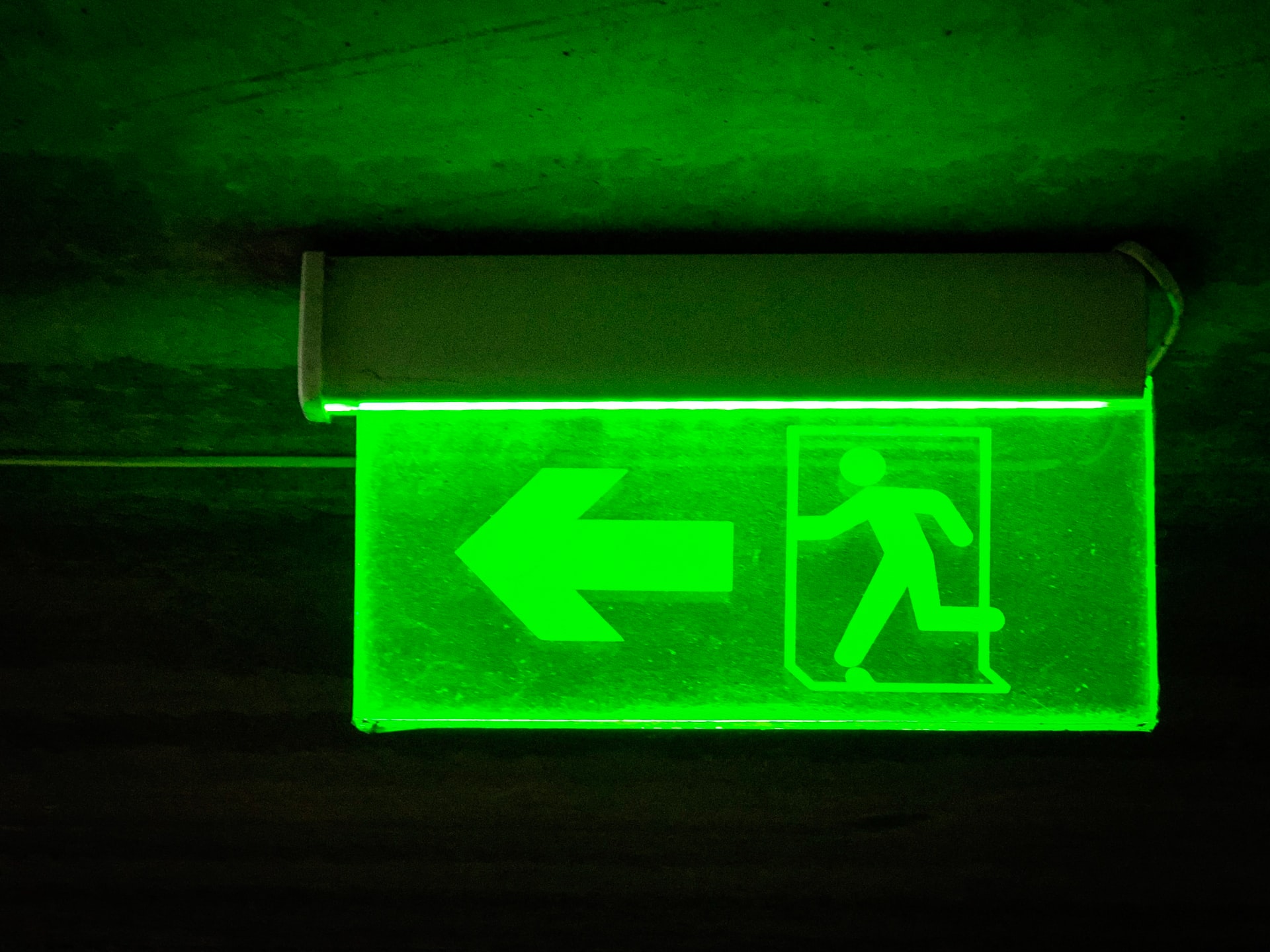Be Prepared for any Emergency With These Tips
Surviving an emergency can be a challenging experience. From the storm that knocks out power to the flood that blocks roads, you need to know what to do and how to do it. Major storms and other events can leave you not only without power, but without cell phones to communicate. It’s critical to learn about alternatives should you need it and ways to protect yourself and your family in a crisis situation. Here’s a list of tips that will help you prepare for anything.
Create a Plan
Create a plan. Plan your evacuation route and know where to go in case of an emergency. You need to know how to get there, how to get out of the area, and how to get to a safe place if your home is damaged, or if it’s unsafe to stay in your neighborhood. You may even want to have a road atlas on hand with local roads in case Google Maps isn’t working because the cell phone systems are down as well.
Communicate your plans with other family members so you can contact each other after an emergency or disaster. Make sure everyone in your immediate family knows the plan and where to meet up in the event of an emergency.
Assemble an Emergency Kit
Some people call this a “go bag,” but the key is to have something that’s sturdy, waterproof, and has adjustable straps that can be worn over your shoulder or around your waist. It should include a variety of nonperishable food items that can last at least a few days, as well as water, a first-aid kit, and other essentials such as matches and a flashlight with extra batteries. It’s also important to include a Ham radio, the right RF connectors, and a portable antenna to ensure you have a way to communicate if the cell services are not working in your area.
Learn the Warning Signals for Your Community
The Midwest has tornado sirens for a reason. But did you know that there may be other warning signals for different emergencies? If you are ever in an emergency situation, listen to your local radio or television station for information. Emergency sirens and lights may sound when there is a hazard in the area. During periods of high winds, heavy snow, floods, or earthquakes stay tuned to the radio for instructions from emergency officials. You can also look online for information regarding what types of weather conditions are expected in your area and how you should prepare yourself if they occur.
Know How to Turn off Utilities
It’s critical to know how and when to turn off gas, electricity, and water. It’s important for two reasons. The first is to stop any potential damage that could occur if you don’t turn them off in time, and the second is because if a fire or other emergency occurs with no one around to help you, it’s best to keep yourself safe.
Practice Driving the Evacuation Routes
Knowing the evacuation routes in your area is critical. If you are forced to evacuate, knowing the best way will make things much easier on everyone. If you’re with a family member or friend, tell them where they need to go and how they can get there.
Learn First Aid
Everyone should know first aid. You can easily find a basic class in your area or take a course online. It’s also good to have some first aid books on hand and be familiar with them so you can reference them in an emergency. Familiarize yourself with fire extinguishers, defibrillators, AEDs, splints, and tourniquets. You’ll want to have a first aid kit in your emergency kit along with any additional supplies you might need.
Preparation is the Key to Surviving a Disaster
Preparation is the key to surviving any disaster. When you’re prepared, you feel confident and in control of your own safety. If a disaster strikes without warning and you’re not prepared, it can cause severe emotional trauma and panic. Additionally, if you are a responsible gun owner, you need to consider how to keep your things safe if you need to leave home. Having a plan in place will ensure that you stay safe and your weapons stay out of the hands of the wrong people.

